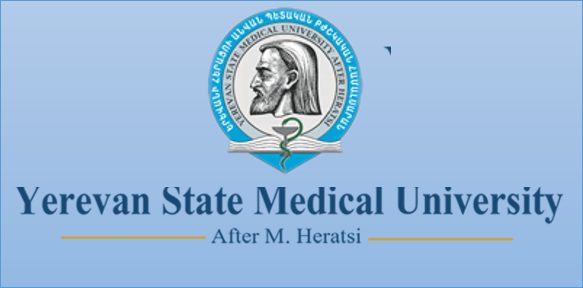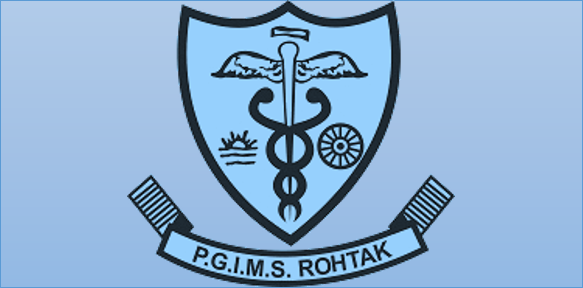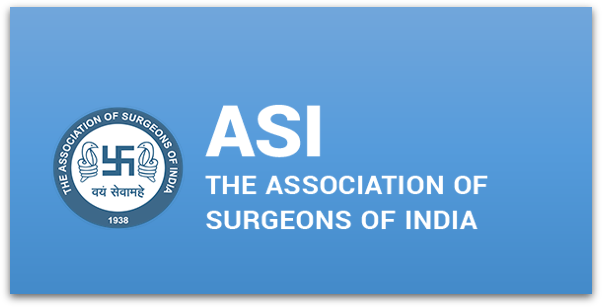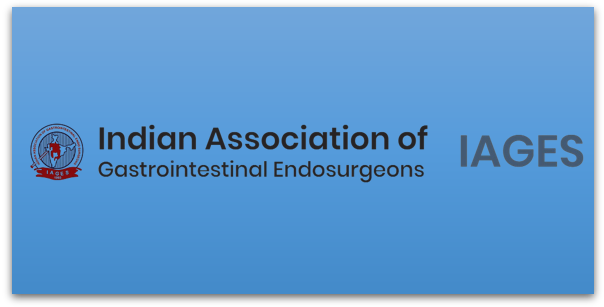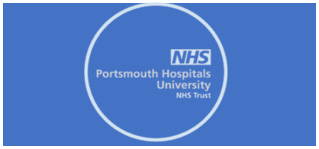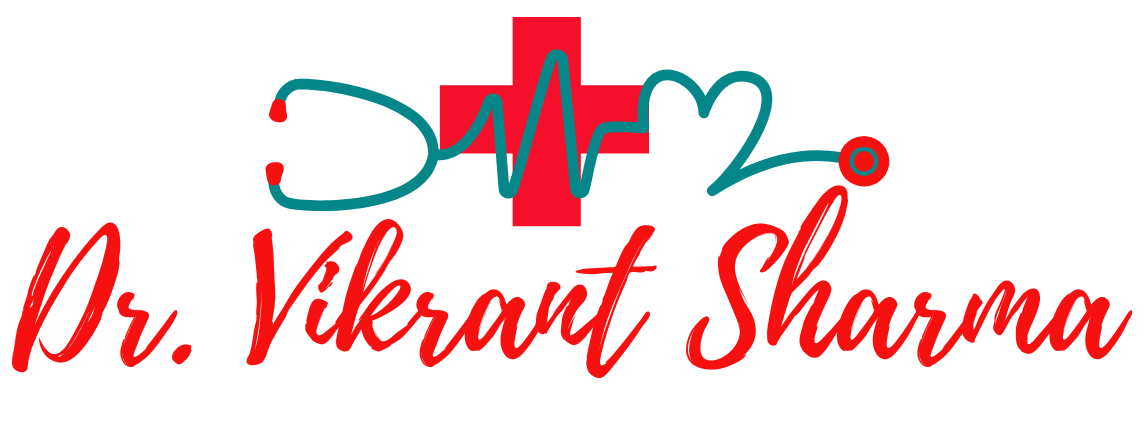





Connect with Dr. Vikrant, your trusted partner in care
Transform your life with Sleeve Gastrectomy performed by Dr. Vikrant. As a leading bariatric surgeon, Dr. Vikrant specializes in this effective weight loss procedure. Sleeve Gastrectomy reduces the size of the stomach, promoting significant weight loss and improving overall health. Experience compassionate care and exceptional results under Dr. Vikrant’s expertise, and take control of your weight and well-being
Sleeve gastrectomy, also called a vertical sleeve gastrectomy, is a surgical weight-loss procedure. This procedure is typically performed laparoscopically, which involves inserting small instruments through multiple small incisions in the upper abdomen. During sleeve gastrectomy, about 80 percent of the stomach is removed, leaving a tube-shaped stomach about the size and shape of a banana. Limiting the size of your stomach restricts the amount of food you are able to consume. In addition, the procedure prompts hormonal changes that assist with weight loss. The same hormonal changes also help relieve conditions associated with being overweight, such as high blood pressure or heart disease. Why it’s done Sleeve gastrectomy is done to help you lose excess weight and reduce your risk of potentially life-threatening weight-related health problems
Conclusion
Sleeve gastrectomy is typically done only after you’ve tried to lose weight by improving your diet and exercise habits. In general, sleeve gastrectomy surgery could be an option for you if: Your body mass index (BMI) is 40 or higher (extreme obesity). Your BMI is 35 to 39.9 (obesity), and you have a serious weight-related health problem, such as type 2 diabetes, high blood pressure or severe sleep apnea. In some cases, you may qualify for certain types of weight-loss surgery if your BMI is 30 to 34 and you have serious weight-related health problems. You must also be willing to make permanent changes to lead a healthier lifestyle. You may be required to participate in long-term follow-up plans that include monitoring your nutrition, your lifestyle and behavior, and your medical conditions. Risks As with any major surgery, sleeve gastrectomy poses potential health risks, both in the short term and long term. Risks associated with the sleeve gastrectomy can include
Some common symptoms
- Gastroesophageal reflux disease
- Heart disease
- High blood pressure
- High cholesterol
- Obstructive sleep apnea
- Stroke
- Infertility
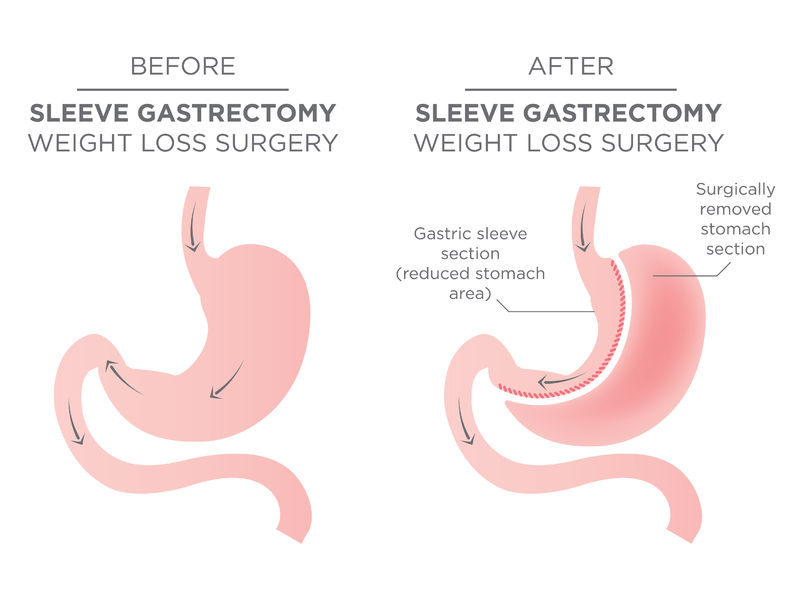
If you are genuinely concerned about your health
Don’t hesitate to connect with Dr. Vikrant. He will provide the best consultation and offer the right treatment tailored to your health needs

Most popular and trending Questions
How does robotic surgery compare to traditional (open) surgery and laparoscopic surgery?
Robotic surgery offers advantages over traditional open surgery and laparoscopic surgery by providing enhanced precision, dexterity, and visualization, while also reducing incision size and patient recovery time
What are the benefits and risks of robotic surgery?
The benefits of robotic surgery include improved surgical outcomes, reduced pain and scarring, shorter hospital stays, and quicker recovery. However, there are potential risks such as longer operating times, costs, and technical limitations
Which surgical procedures can be performed using robotic technology?
Robotic technology can be used for a wide range of surgical procedures across various specialties, including urology, gynecology, general surgery, and cardiothoracic surgery
How does robotic surgery enhance precision and minimize invasiveness?
Robotic surgery enhances precision by offering 3D visualization, wristed instruments that mimic hand movements, and tremor filtration, while also minimizing invasiveness through smaller incisions
What training and qualifications are required for surgeons to perform robotic procedures?
Surgeons undergo specialized training and certification to perform robotic procedures, which includes simulation training, proctoring, and hands-on experience under supervision
How does robotic surgery impact patient recovery time and outcomes?
Robotic surgery can lead to shorter hospital stays, reduced pain, faster recovery, and improved cosmetic outcomes for patients, resulting in overall better outcomes compared to traditional surgery
What is the cost associated with robotic surgery compared to other surgical approaches?
The cost of robotic surgery includes expenses related to equipment, maintenance, and training, which may be higher than traditional surgical approaches. However, the potential benefits may outweigh the costs in terms of improved outcomes and reduced complications
What advancements are being made in robotic surgical technology?
Advancements in robotic surgical technology include improved imaging capabilities, ergonomic enhancements for surgeons, integration with artificial intelligence, and miniaturization of robotic platforms
Are there any limitations or challenges associated with robotic surgery?
Challenges in robotic surgery include high costs, limited availability in some regions, technical complexities, and the need for ongoing training and maintenance.
What is the future outlook for robotic surgery, and how will it continue to evolve?
The future of robotic surgery holds promise for continued innovation and advancement, with potential developments in remote surgery, telesurgery, nanorobotics, and personalized surgical approaches

